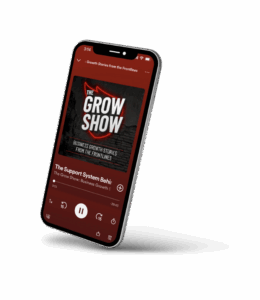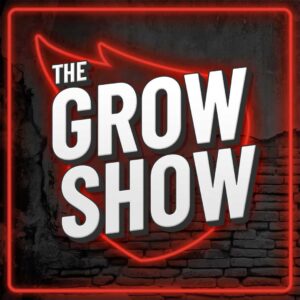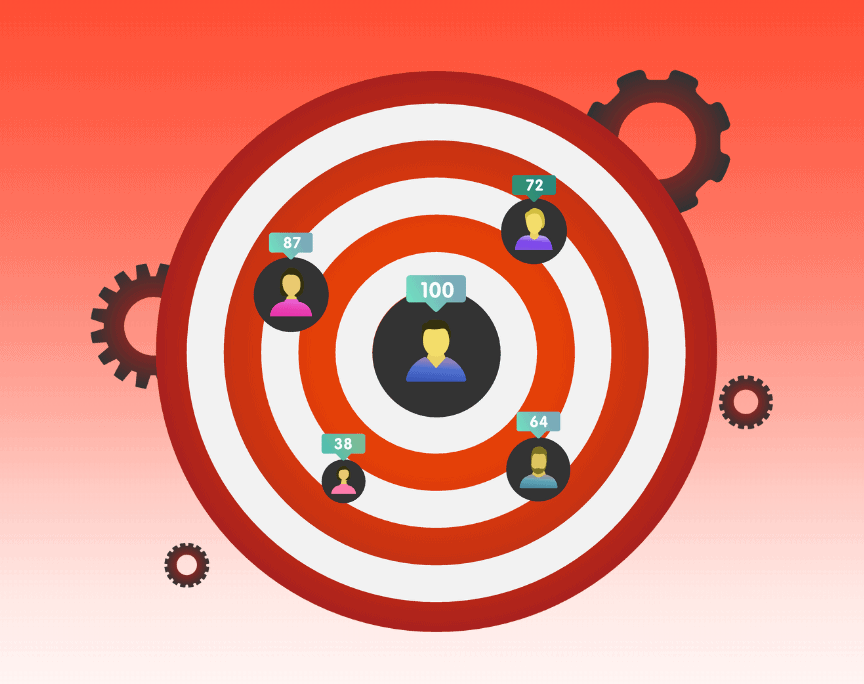In today’s hyper-connected world, digital marketing agencies have become indispensable partners for businesses aiming to thrive online. Whether you’re a startup looking to carve out your niche or an established company seeking to scale, understanding the full spectrum of services these agencies provide is crucial. Digital marketing is no longer a one-size-fits-all approach; it’s a multifaceted discipline that requires expertise across numerous channels and strategies.
This comprehensive guide breaks down every key service digital marketing agencies offer, explaining why each is vital and how they contribute to a cohesive, results-driven marketing strategy. From SEO to influencer partnerships, this article will equip you with the knowledge to choose the right agency or expand your own digital marketing toolkit.
Contents
- 1 Search Engine Optimization (SEO): The Backbone of Digital Visibility
- 2 Pay-Per-Click Advertising (PPC): Instant Traffic with Laser Focus
- 3 Content Marketing: Building Authority and Engagement
- 4 Social Media Marketing: Connecting and Converting
- 5 Email Marketing: Personalized Communication That Converts
- 6 Conversion Rate Optimization (CRO): Turning Visitors into Customers
- 7 Influencer Marketing: Leveraging Authentic Voices
- 8 Web Design and Development: Creating Seamless Digital Experiences
- 9 Online Reputation Management (ORM): Protecting and Enhancing Brand Image
- 10 Analytics and Reporting: Data-Driven Decision Making
- 11 Final Thoughts: Choosing the Right Digital Marketing Agency
- 12 Discover the Abstrakt Advantage for Your Business
Search Engine Optimization (SEO): The Backbone of Digital Visibility
SEO remains the cornerstone of any digital marketing strategy. With over 90% of online experiences beginning with a search engine, optimizing your website to rank highly on Google and other search engines is non-negotiable.
Digital marketing agencies specialize in both on-page and off-page SEO. On-page SEO includes keyword research, content optimization, meta tags, and improving site architecture to ensure search engines can crawl and index your site efficiently. Off-page SEO, on the other hand, focuses on building quality backlinks and enhancing your site’s authority.
Advanced agencies also offer technical SEO audits to identify and fix issues like slow page speed, mobile usability problems, and broken links. The goal is to create a seamless user experience that search engines reward with higher rankings, driving organic traffic that converts.
Why SEO Matters
Organic search drives approximately 53% of website traffic globally. Unlike paid ads, SEO delivers long-term, sustainable results. Investing in SEO means building a foundation that continually attracts qualified leads without ongoing ad spend. For businesses aiming for growth and brand authority, SEO is a must-have service.
Moreover, the landscape of SEO is constantly evolving, influenced by changes in algorithms and user behavior. Keeping abreast of these trends is crucial for maintaining a competitive edge. For instance, the rise of voice search and mobile browsing has shifted the focus towards optimizing for conversational keywords and ensuring that websites are mobile-friendly. This adaptability not only enhances visibility but also aligns with user expectations, creating a more intuitive search experience.
Furthermore, local SEO has gained prominence as more consumers turn to their smartphones to find nearby services. By optimizing for local search terms and ensuring that business listings are accurate and up-to-date, companies can significantly increase foot traffic and local engagement. This hyper-targeted approach allows businesses to connect with their community, fostering loyalty and driving sales in a way that traditional advertising cannot match.
Pay-Per-Click Advertising (PPC): Instant Traffic with Laser Focus
While SEO builds organic traffic over time, PPC advertising offers immediate visibility. Agencies manage campaigns across platforms like Google Ads, Bing Ads, and social media networks, targeting specific demographics, locations, and interests. This immediacy is particularly beneficial for businesses launching new products or services, as it allows them to generate buzz and attract potential customers right from the start. By leveraging PPC, companies can quickly test market responses and adjust their strategies accordingly, ensuring they remain competitive in fast-paced industries.
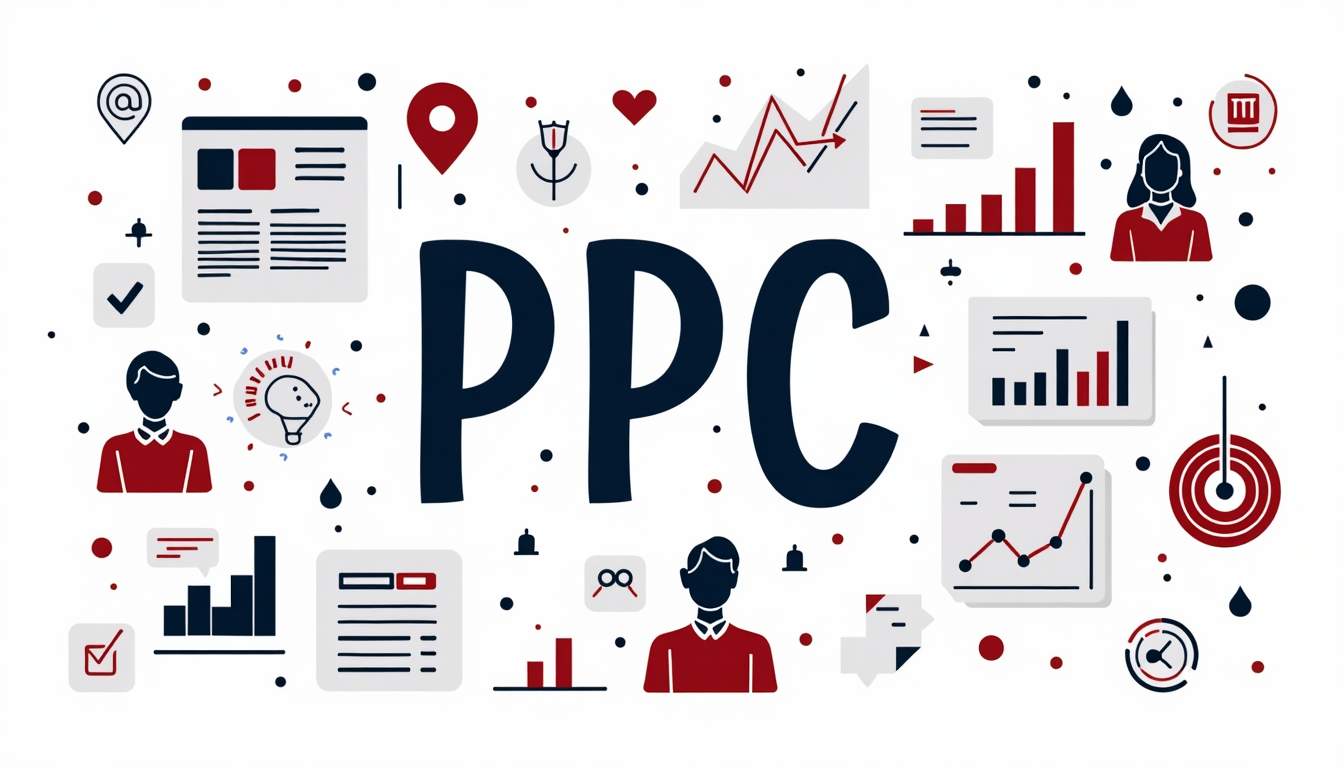
Effective PPC management involves keyword research, ad copywriting, bid management, and continuous optimization to maximize return on ad spend (ROAS). Agencies use data-driven strategies to reduce cost-per-click (CPC) and increase conversion rates, ensuring every dollar spent drives measurable results. Advanced analytics tools help track user behavior and campaign performance, enabling agencies to refine their approach in real-time. This level of agility is crucial in today’s digital landscape, where consumer preferences can shift rapidly, and staying ahead of the curve is essential for success.
Platforms and Formats
PPC isn’t limited to search engines. Display advertising, remarketing campaigns, and social media ads on platforms like Facebook, Instagram, LinkedIn, and TikTok expand reach and engagement. Skilled agencies tailor campaigns to each platform’s unique audience and ad formats, from carousel ads to video spots. For instance, video ads on platforms like TikTok can capture attention in a way that static images cannot, making them particularly effective for brands aiming to connect with younger audiences. Additionally, remarketing campaigns allow businesses to re-engage users who have previously interacted with their site, reminding them of products they viewed and encouraging them to complete their purchase.
Moreover, the integration of artificial intelligence and machine learning into PPC strategies has revolutionized how campaigns are managed. These technologies analyze vast amounts of data to predict trends and optimize bidding strategies automatically, allowing agencies to allocate budgets more effectively. As a result, advertisers can focus on crafting compelling ad content while the technology handles the heavy lifting of data analysis and performance tracking. This synergy between human creativity and machine efficiency not only enhances campaign performance but also provides deeper insights into consumer behavior, paving the way for more personalized marketing efforts that resonate with target audiences.
Content Marketing: Building Authority and Engagement
Content is king, and digital marketing agencies excel at creating and distributing valuable, relevant content that attracts and retains a clearly defined audience. This includes blog posts, whitepapers, eBooks, infographics, videos, podcasts, and more. The diversity of content types allows brands to connect with their audiences in various ways, catering to different preferences and consumption habits. For instance, while some users may prefer in-depth articles that provide comprehensive insights, others might engage more with visually appealing infographics or quick, digestible video content.
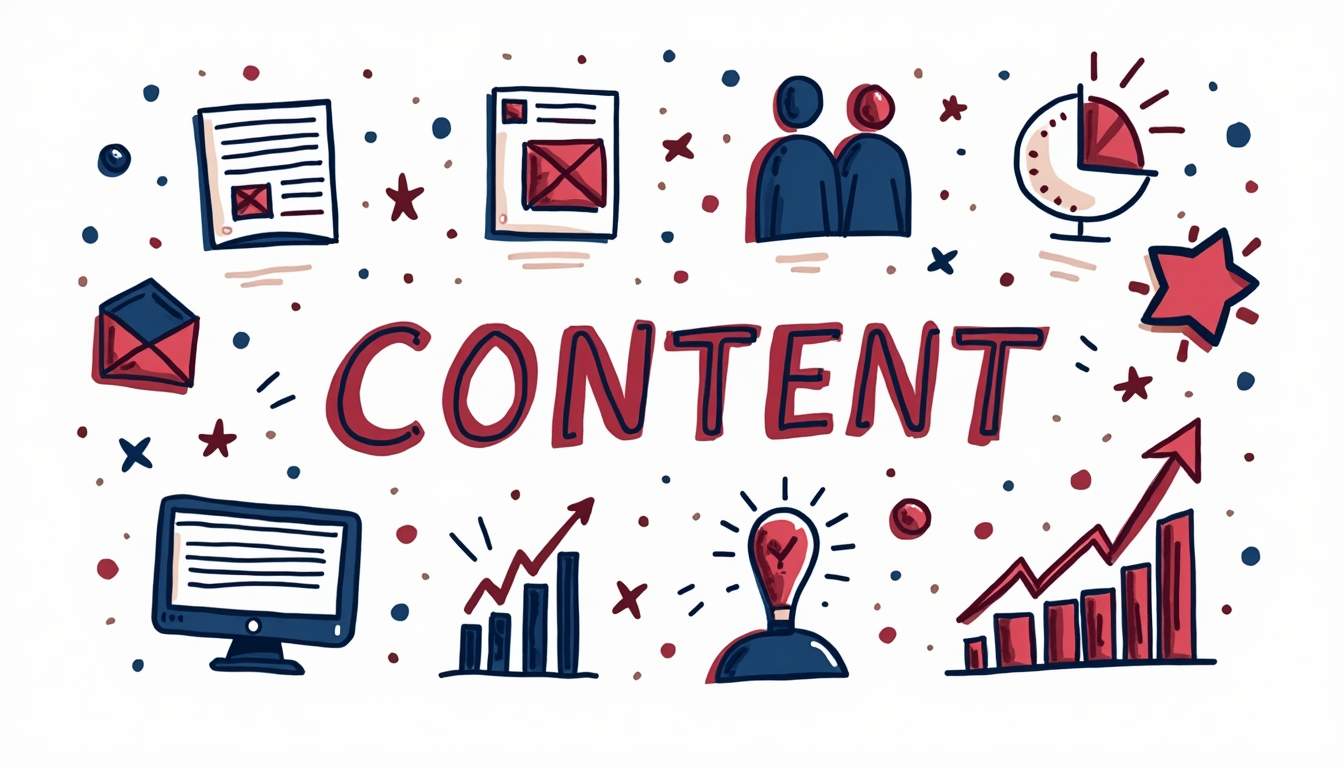
Content marketing nurtures leads by educating and engaging prospects throughout the buyer’s journey. Agencies develop content strategies aligned with business goals, leveraging SEO insights to target high-value keywords and topics. The result is enhanced brand authority, improved search rankings, and increased customer loyalty. Furthermore, by utilizing analytics tools, agencies can track user behavior, allowing them to tailor content more effectively to meet the evolving needs and interests of their audience, thereby fostering a deeper connection and encouraging repeat visits.
Content Creation and Strategy
From ideation to production, agencies handle everything: editorial calendars, copywriting, graphic design, video production, and distribution across owned and earned channels. They also analyze content performance to refine strategies and maximize impact. This iterative process ensures that content remains relevant and resonant, adapting to changes in audience preferences and market trends. Moreover, agencies often collaborate with influencers and thought leaders to amplify reach and credibility, creating a synergistic effect that enhances brand visibility.
In addition to traditional content formats, agencies are increasingly exploring interactive content, such as quizzes, polls, and augmented reality experiences, which can significantly boost engagement levels. By encouraging active participation, brands can create memorable experiences that not only inform but also entertain their audience. This innovative approach not only captivates users but also provides valuable data on customer preferences and behaviors, which can be leveraged for future campaigns. As the digital landscape continues to evolve, staying ahead of the curve with fresh, engaging content strategies will be crucial for brands aiming to maintain their competitive edge.
Social Media Marketing: Connecting and Converting
Social media platforms are essential for brand awareness, customer engagement, and lead generation. Digital marketing agencies manage social media accounts to create compelling content, engage followers, and run targeted advertising campaigns. The landscape of social media is ever-evolving, with new trends and features emerging regularly. Agencies must stay ahead of these changes to ensure their strategies remain effective and relevant, adapting to the latest algorithms and user behaviors that influence visibility and engagement.
Beyond posting updates, agencies implement community management, influencer collaborations, and social listening to monitor brand sentiment and respond proactively. They tailor strategies for each platform’s unique culture and audience, whether it’s Instagram’s visual storytelling or LinkedIn’s professional networking. This nuanced approach allows brands to resonate more deeply with their target demographics, fostering loyalty and encouraging user-generated content that can amplify their message organically.
Why Social Media Marketing Works
With over 4.7 billion social media users worldwide, these platforms offer unparalleled reach. Agencies leverage this to build authentic relationships, humanize brands, and drive traffic to websites or landing pages. The integration of social commerce features also enables direct sales through social channels. Moreover, the ability to utilize data analytics allows agencies to refine their strategies continuously, identifying what content performs best and optimizing campaigns for maximum impact.
Furthermore, the power of storytelling on social media cannot be overstated. Brands that share their stories—whether through behind-the-scenes glimpses, customer testimonials, or cause-driven initiatives—can create emotional connections with their audience. This storytelling approach not only enhances engagement but also encourages sharing, which can exponentially increase a brand’s visibility. As consumers increasingly seek authenticity and transparency from the brands they support, social media marketing becomes a critical tool in cultivating trust and loyalty in a crowded marketplace.
Email Marketing: Personalized Communication That Converts
Email marketing remains one of the highest ROI channels in digital marketing, with an average return of $42 for every $1 spent. Agencies design and execute email campaigns that nurture leads, promote products, and retain customers. This effectiveness is largely due to the ability to reach customers directly in their inboxes, where they are more likely to engage with content that resonates with their interests and needs.
Services include list segmentation, automated drip campaigns, personalized messaging, A/B testing, and detailed analytics. By delivering the right message to the right audience at the right time, email marketing drives conversions and builds long-term customer relationships. Furthermore, the ability to tailor content based on user preferences and behaviors not only enhances engagement but also fosters a sense of loyalty among customers, making them more likely to return for future purchases.
Automation and Analytics
Modern email marketing leverages automation tools to trigger emails based on user behavior, such as cart abandonment or website visits. Agencies monitor open rates, click-through rates, and conversion metrics to continuously optimize campaigns for better results. This data-driven approach allows marketers to identify trends and adjust strategies in real-time, ensuring that their campaigns remain relevant and effective.
In addition to behavioral triggers, agencies can implement advanced segmentation techniques that allow for hyper-targeted messaging. For instance, they can create specific campaigns for different customer personas, ensuring that each group receives content that speaks directly to their unique preferences and pain points. This level of personalization not only enhances the user experience but also significantly increases the likelihood of conversion, as customers feel understood and valued by the brand. With the integration of AI and machine learning, the future of email marketing promises even more sophisticated targeting and personalization capabilities, paving the way for campaigns that are not just effective, but also deeply engaging.
Conversion Rate Optimization (CRO): Turning Visitors into Customers
Driving traffic is only half the battle; converting that traffic into paying customers is where CRO shines. Digital marketing agencies analyze user behavior through heatmaps, session recordings, and A/B testing to identify friction points on websites and landing pages. These insights allow marketers to understand how users interact with their site, revealing which elements capture attention and which ones lead to frustration or abandonment. By pinpointing these issues, agencies can tailor their strategies to create a more seamless and engaging user experience.
They then implement changes to design, copy, calls-to-action, and user flows to increase conversion rates. Even small improvements in conversion can lead to significant revenue growth without increasing ad spend. For instance, a simple adjustment in the color of a call-to-action button or the wording of a headline can dramatically influence user behavior. This highlights the importance of not only understanding the data but also creatively applying it to enhance the overall user journey.
Data-Driven Improvements
CRO is a continuous process. Agencies use analytics tools like Google Analytics, Hotjar, and Optimizely to gather data, run experiments, and make informed decisions. This iterative approach ensures that websites evolve alongside user expectations and market trends. By continuously testing and refining their strategies, agencies can stay ahead of the competition and adapt to changing consumer behaviors, such as the increasing preference for mobile browsing or the demand for personalized shopping experiences.
Moreover, the role of qualitative data cannot be overlooked in the CRO process. Surveys and user feedback provide valuable insights into customer motivations and pain points that raw data alone may not reveal. Understanding the ‘why’ behind user actions allows agencies to craft more compelling narratives and tailor their offerings to meet specific needs. This holistic approach to CRO not only enhances conversion rates but also fosters long-term customer loyalty, as users feel more understood and valued by brands that cater to their preferences.
Influencer Marketing: Leveraging Authentic Voices
Influencer marketing taps into the trust and authority influencers hold with their audiences. Agencies identify and collaborate with influencers whose followers match a brand’s target market, creating authentic content that resonates.
From micro-influencers with niche audiences to mega-influencers with millions of followers, agencies manage outreach, contracts, content approval, and campaign tracking. This service amplifies brand awareness and drives engagement through credible endorsements.
Measuring Impact
Effective influencer campaigns include clear KPIs such as reach, engagement, website traffic, and sales. Agencies use tracking links, promo codes, and social analytics to quantify ROI and refine future partnerships.
Web Design and Development: Creating Seamless Digital Experiences
A website is often the first interaction a customer has with a brand. Digital marketing agencies offer web design and development services that prioritize user experience (UX), mobile responsiveness, and fast load times.
They build websites optimized for SEO and conversions, integrating e-commerce functionality, content management systems, and analytics tools. This ensures the site not only looks great but performs effectively as a marketing asset.
Ongoing Maintenance and Security
Agencies also provide website maintenance, updates, and security monitoring to keep sites running smoothly and protect against cyber threats. This proactive approach minimizes downtime and preserves user trust.
Online Reputation Management (ORM): Protecting and Enhancing Brand Image
In the digital age, reputation can be made or broken online. ORM services help businesses monitor and manage their online presence, addressing negative reviews, responding to customer feedback, and promoting positive content.
Agencies use specialized tools to track brand mentions across social media, review sites, and forums. They develop strategies to improve overall sentiment and ensure the brand’s narrative remains positive and credible.
Proactive Crisis Management
When negative publicity arises, agencies act swiftly to mitigate damage through transparent communication and strategic content. Maintaining a strong online reputation is essential for customer trust and long-term success.
Analytics and Reporting: Data-Driven Decision Making
Digital marketing agencies provide detailed analytics and reporting services that offer transparency and insights into campaign performance. They track key performance indicators (KPIs) aligned with business goals, from traffic and engagement to conversions and revenue.
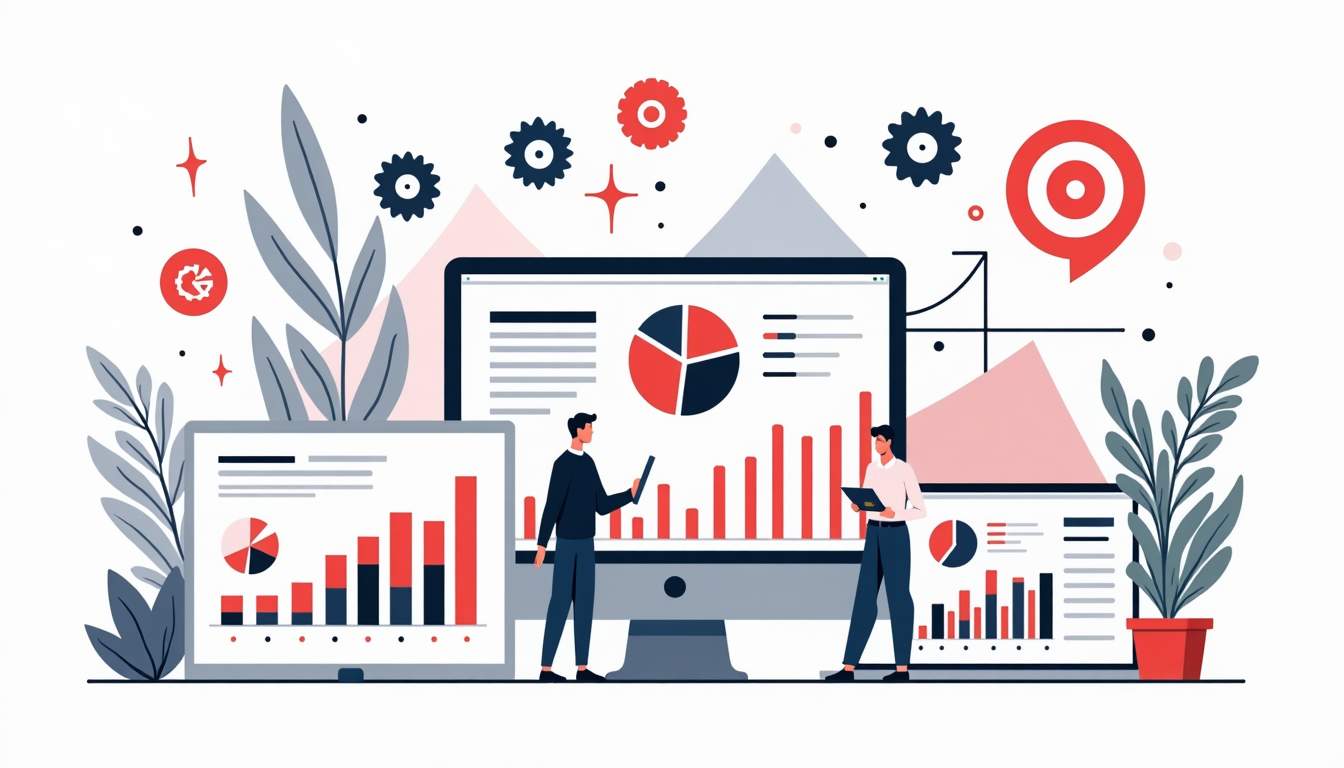
Using tools like Google Analytics, SEMrush, and custom dashboards, agencies deliver actionable insights that inform strategy adjustments and demonstrate ROI to stakeholders.
Continuous Optimization
Regular reporting enables a cycle of continuous improvement. Agencies analyze trends, identify opportunities, and pivot tactics to ensure marketing efforts remain effective and aligned with evolving market conditions.
Final Thoughts: Choosing the Right Digital Marketing Agency
Understanding the full range of services digital marketing agencies offer empowers businesses to make informed decisions. The ideal agency is not just a service provider but a strategic partner invested in your growth.
Look for agencies with proven expertise in the services most relevant to your goals, transparent communication, and a data-driven approach. Whether your priority is boosting organic traffic, launching targeted ad campaigns, or enhancing brand reputation, a comprehensive digital marketing agency can deliver measurable results that drive your business forward.
In the fast-paced digital landscape, partnering with the right agency is a competitive advantage. Armed with this complete list of services, you’re ready to navigate the digital marketing ecosystem with confidence and clarity.
Discover the Abstrakt Advantage for Your Business
Ready to elevate your B2B lead generation and experience unparalleled growth? Abstrakt Marketing Group is dedicated to propelling businesses like yours to new heights with our industry-leading expertise. Join the ranks of our successful clients across the US and Canada, and let us show you the power of high-quality leads and result-driven strategies. Learn More about how we can help you exceed your growth expectations.

Madison Hendrix
Madison has worked in SEO and content writing at Abstrakt for over 5 years and has become a certified lead generation expert through her hours upon hours of research to identify the best possible strategies for companies to grow within our niche industry target audiences. An early adopter of AIO (A.I. Optimization) with many organic search accolades - she brings a unique level of expertise to Abstrakt providing helpful info to all of our core audiences.
- Madison Hendrix#molongui-disabled-link
- Madison Hendrix#molongui-disabled-link
- Madison Hendrix#molongui-disabled-link
- Madison Hendrix#molongui-disabled-link
With more than a decade of progressive leadership in sales development, Alyssa Stevenson currently serves as Executive Vice President of Inbound SDR. She is a strategic growth driver, specializing in building and scaling high-performing inbound marketing teams that deliver measurable results.
Alyssa has a track record of transforming developing individuals to use Outbound and Inbound marketing to exceed business goals. Her leadership philosophy hinges on operational excellence, data-driven decision-making, and fostering a culture of continuous improvement.
- Alyssa Stevensonhttps://www.abstraktmg.com/author/astevensonabstraktmg-com/
- Alyssa Stevensonhttps://www.abstraktmg.com/author/astevensonabstraktmg-com/
- Alyssa Stevensonhttps://www.abstraktmg.com/author/astevensonabstraktmg-com/
- Alyssa Stevensonhttps://www.abstraktmg.com/author/astevensonabstraktmg-com/


